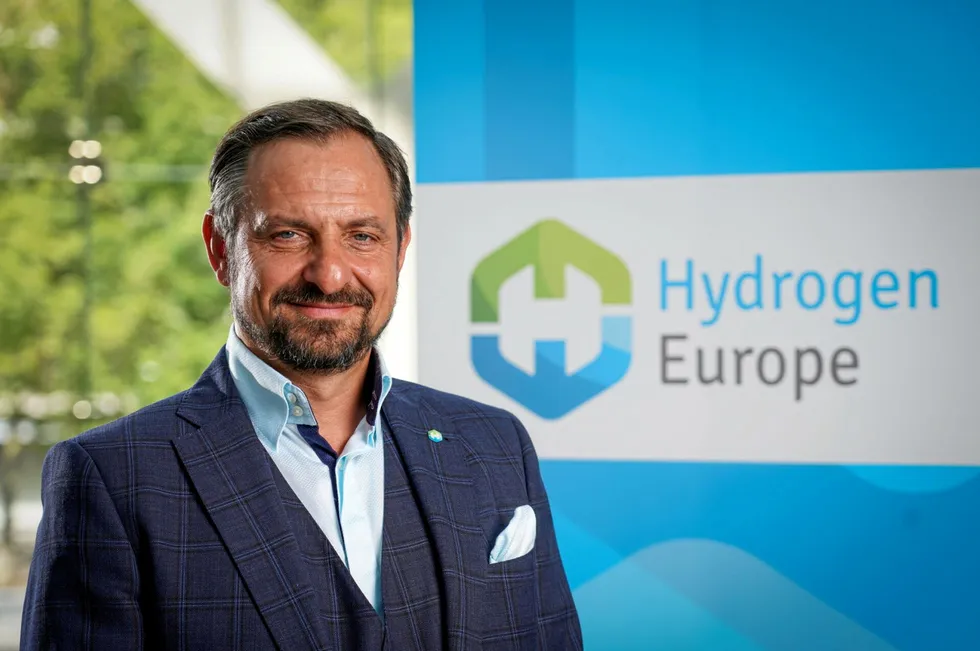'International green hydrogen producers will shun European markets due to overly strict regulations': Hydrogen Europe boss
Jorgo Chatzimarkakis describes the EU’s proposed Delegated Act that defines renewable H2 as a straitjacket that will unnecessarily increase the price of production
